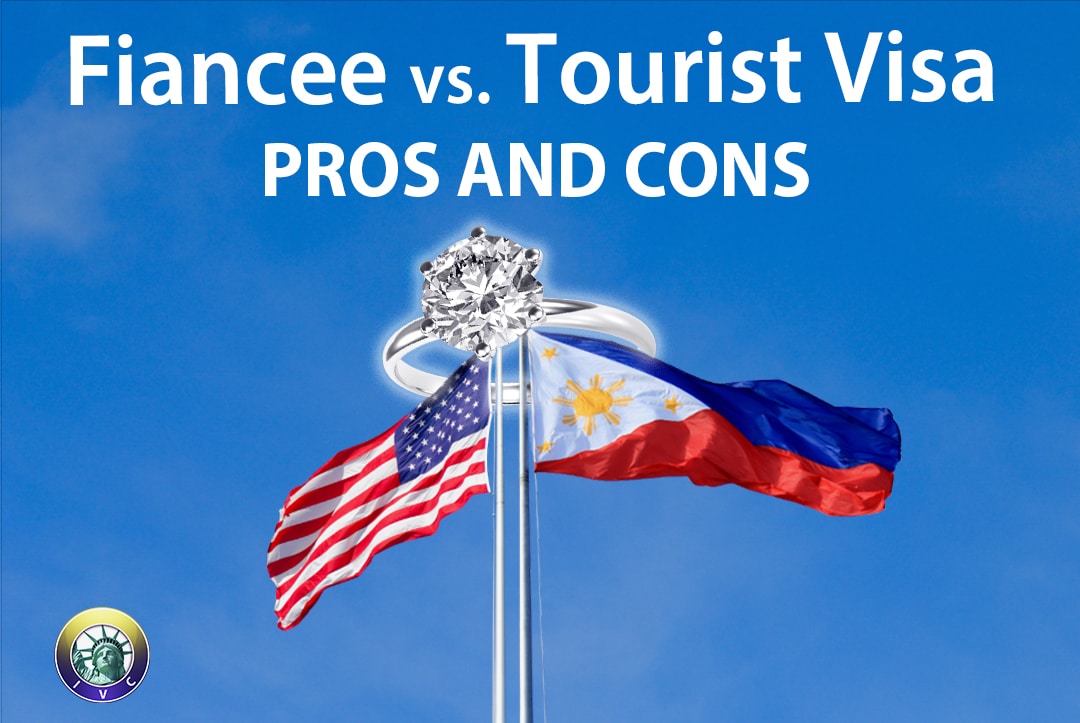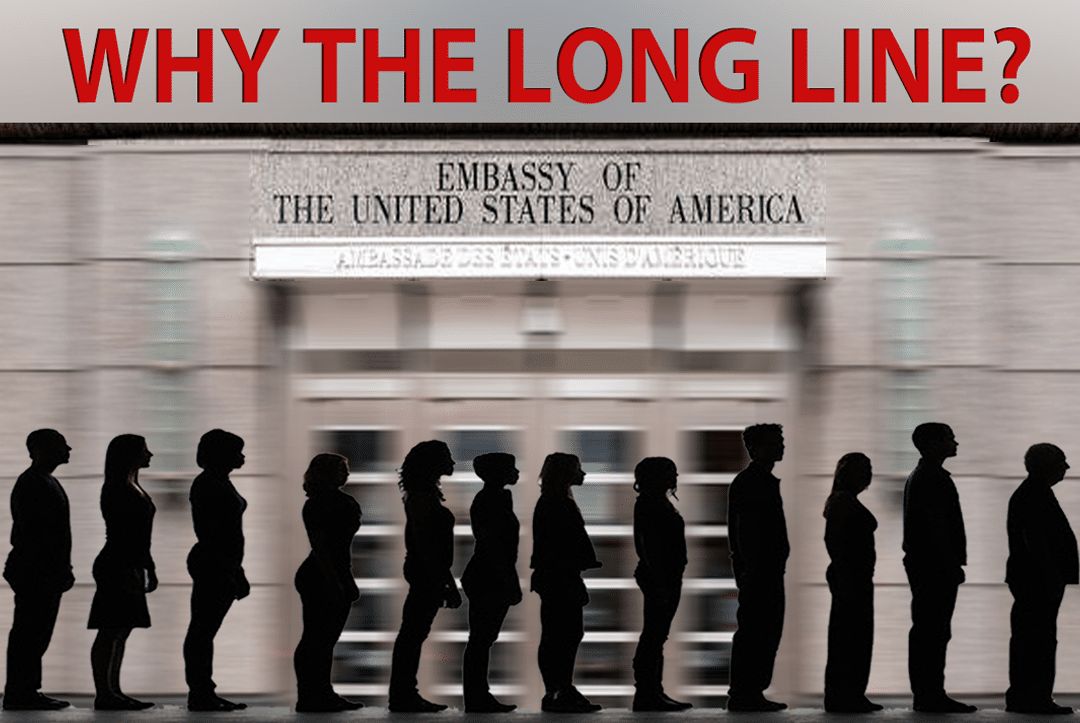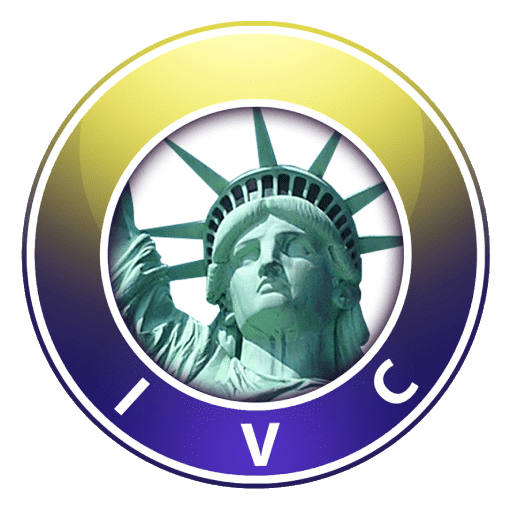
This overview contains important information about the post-graduation work permit. Most international graduates apply to work after they finish their program of study. This work experience will further qualify them to apply to one of the following skilled immigration categories.
- Federal Skilled Worker or
- The Canadian Experience Class or
- Some streams of the provincial nominee programs specifically created for international students.
Reasons for applying for the Post-graduation Permit.
Though many international students return to their home country, a significant percentage remain in Canada to work. These graduates gain more migration points. Higher migration points mean a higher rank in the Express Entry pool, increasing the probability of being invited to apply for permanent residence.
International graduates can fill the lack of skilled workers needed by various industries. Finding employment is a major issue, though, whether for a part-time job or full-time work. Expect competition from Canadian permanent residents, citizens, and other graduates.
If you intend to apply to the Federal Skilled Worker (FSW) program, get an overview of the Express Entry System.
Important information about the postgraduation work permit.
The following notes include important information about the post-graduation work permit or PGWP.
- You will get only one PGWP regardless of the number of programs you finish.
- The PGWP is not employer-specific. You may transfer companies without changing the conditions of your work permit.
- Apply for the PGWP within 180 days after completing your Canada study program.
- You must have an updated passport to apply for the PGWP. Canadian immigration will not issue a work permit for longer than the validity of your passport.
- You may not qualify to apply for a PGWP if you studied any of the following:
- English or French as a second language;
- General interest or self-improvement courses.
- IRCC is strict about distance learning such as online or correspondence courses. And, IRCC will deduct time spent studying outside Canada from the duration of your PGWP.
Duration of the post-graduation work permit.
The duration of your study program will determine the length of your PGWP.
- So, if your study program is one year, your permit will be valid for one year. If your study program is two years or more, your work permit may be valid for three years.
- If you completed more eligible study programs two-years before your application, the PGWP will be valid for the combined length of the programs.
- The maximum period of a PGWP is three years.
And here’s a tip. Find a job at Skill Level 0, A, or B in the National Occupational Classification. If you do, your spouse may be eligible for an open work permit as well.
Each program of study must meet all requirements of a PGWP.
Your spouse may be eligible for an open work permit if your job is at Skill Level 0, A, or B in the National Occupational Classification.
Participation in some scholarship programs will make you ineligible to apply for the PGWP. These scholarships include those funded by Global Affairs Canada (GAC) and the Canadian International Development Agency (CIDA).
Requirements
To apply for the Postgraduation Work Permit (or PGWP), you must meet the following requirements:
- Be at least 18 at the time you apply.
- Continuously studied full time.
- The completed program of study should be at least eight months and led to a certificate, diploma or degree.
- Your study permit must still be valid when you apply for the PGWP.
- Kept to the 20-hour schedule for your part-time work
- You must have graduated from any of the following
- public post-secondary Designated Learning Institution (or DLI)
- private post-secondary DLI that operates under the same regulations as public DLIs
- if you studied in Quebec, a private secondary or post-secondary DLI. The DLI must be offering qualifying programs of 900 hours or longer. It must also lead to a diplôme d’ etudes professionnelles (DEP) or an attestation de spécialisation professionnelle (ASP)
- a private DLI authorized by provincial statute to confer degrees but only if you enrolled in a one-degree program.










